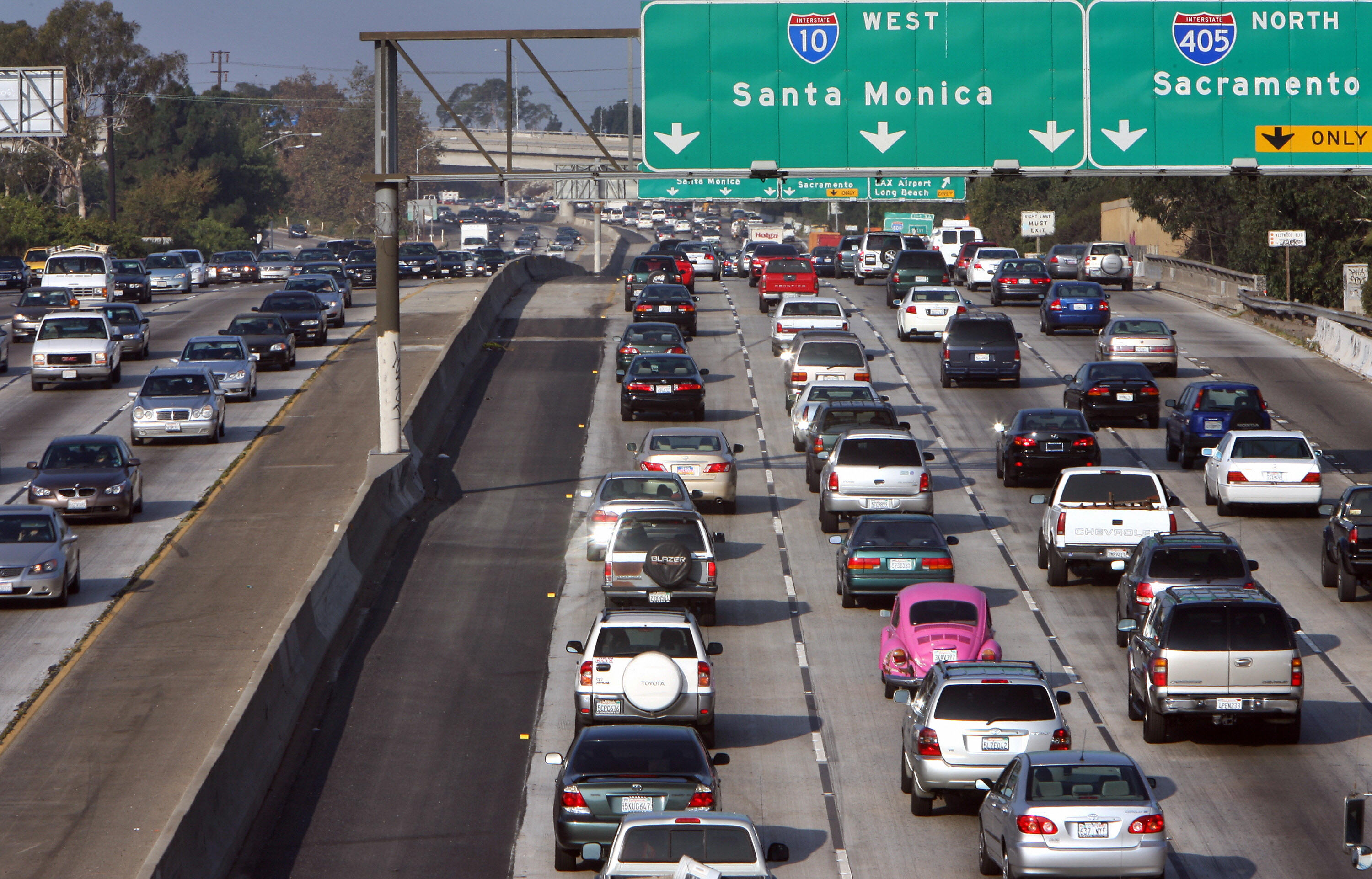
For years, energy experts modeling the impact of 2050 net zero targets on oil demand had the advantage that the deadline, and the incremental steps to getting there, were a long way off. If time proved their scenarios wrong, they’d be long forgotten anyway.
But now, those first intermediate waymarks are around the corner, and they look increasingly farfetched.
Earlier this week, BP Plc published its annual Energy Outlook, presenting three scenarios — not forecasts — for how oil demand may evolve.
The Net Zero path, broadly in line with the goals of the Paris Agreement, is difficult to reconcile with current trends.
In such a narrative, BP’s model shows global oil consumption collapsing to 21 million barrels a day by midcentury, down from about 98 million today.
Ignore 2050 and focus instead on the intervening milestones, starting with 2025. In just two years’ time, BP’s Net Zero scenario sees oil demand 4 million barrels a day lower than it is now. That would mean removing the equivalent of Germany’s entire consumption in 2024 and repeating that feat again the following year.
Every oil forecast I’ve seen shows demand rising in 2023, and the few 2024 projections already published — including one from the US government — see growth continuing.
Looking further ahead, BP’s Net Zero readout suggests demand would need to plunge a further 9 million barrels a day from 2026 to 2030, falling to 85 million a day by the end of the decade. That equates to eliminating the consumption of France each year and, on the final year, striking out Italy as well.
Then the really difficult period starts. The scenario sees the world using just 70 million barrels a day in 2035, requiring the annual removal of 3 million a day. That equals the demand of Japan, currently the world’s fourth-largest consumer.
Net zero models look increasingly at odds with short-term trends. It’s possible oil demand can sink by 2050, but is it going to plummet in a matter of months and keep falling precipitously every year for the next decade? No.
--Javier Blas, Bloomberg Opinion